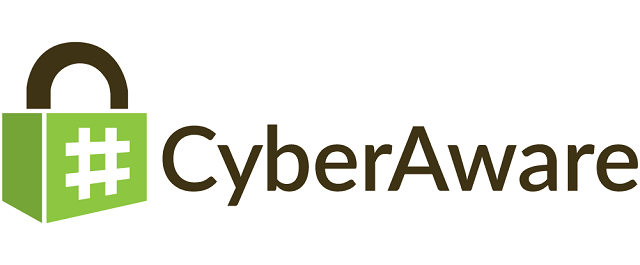
Today I fell for a scam.
I often walk around the Texas Capitol complex during lunch, or when I need to mull over something. Today as I was walking, a blind man stopped me and asked if I could direct him to Lamar Street. I stopped to talk with him for a moment, and he explained he was trying to get to the Texas School for the Blind.
Texas School for the Blind is a solid 4 miles from downtown, so I offered to get my car and give him a lift. He appeared grateful - and then said he wanted to call ahead and make sure it wouldn't be a wasted trip. See, he was living in a halfway house and his rent was due; if he couldn't come up with seventeen dollars to make rent, he would be out on the street tonight. He thought Texas School for the Blind offered emergency assistance.
I let him borrow my phone to make a call. From his side of the supposed conversation, it was obvious he did not get the answer he was hoping for. I gladly gave him what I had in my wallet, shook his hand, and wished him well.
Being the skeptical soul that my profession makes me though, when I got back to my office I redialed the number he had called. Surprise, surprise - the number was not in service.
Working downtown I frequently encounter people asking for a handout. I have my own ideas that influence my decisions to give or not to give, but it is not my intent to turn this into a philosophical or political discussion. What makes this event stand out in my mind though is how his pitch was so polished, rehearsed - and phish-like.
It was a veritable lesson in social engineering.

